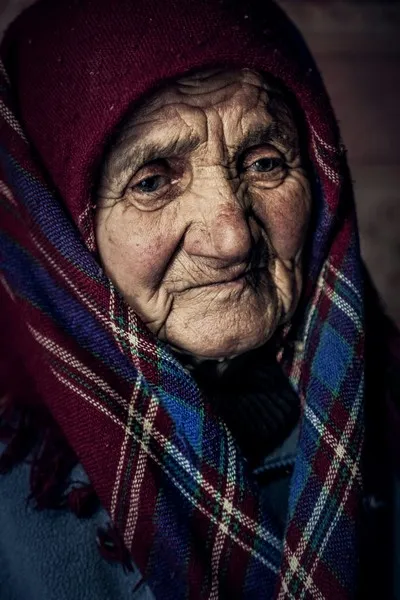Table of Contents
- Nami: The Navigator
- Nico Robin: The Archaeologist
- Gender Dynamics and Representation
- Cultural Context and Impact
- Conclusion
The representation of female characters in media, including anime and manga, plays a significant role in shaping societal perceptions and attitudes towards women. “One Piece,” a globally popular manga and anime series created by Eiichiro Oda, features several notable female characters, with Nami and Nico Robin being among the most prominent. This essay examines the representation of Nami and Nico Robin in “One Piece,” exploring their roles, character development, and the broader implications for gender dynamics within the narrative. By analyzing these characters, we can gain insights into the complexities of female representation in contemporary Japanese media and its sociocultural impact.
Nami: The Navigator
Nami, introduced early in the series, serves as the Straw Hat Pirates’ navigator. Her character is initially portrayed as cunning, resourceful, and driven by a personal vendetta against the fish-man pirate Arlong, who enslaved her village. Nami’s early portrayal as a thief and manipulator highlights a common trope in female characters who use their wits and charm to survive in a male-dominated world. However, her motivations are rooted in a desire to free her village and herself from oppression, adding layers to her character beyond the stereotypical femme fatale.
Nami’s journey is marked by significant growth and development. As the series progresses, she evolves from a self-serving thief to a loyal and integral member of the Straw Hat crew. Her intelligence and navigational skills are crucial to the crew’s success, and her role extends beyond traditional gender roles. Nami’s character challenges the notion that female characters in shonen (targeted at young males) anime must be relegated to secondary or supportive roles. Instead, she is depicted as an essential and competent leader in her domain.
Moreover, Nami’s physical appearance, often criticized for its sexualization, is a contentious aspect of her representation. While her revealing outfits and exaggerated body proportions cater to the male gaze, it is essential to consider the context of the shonen genre, where such depictions are prevalent. Despite this, Nami’s character is not solely defined by her appearance. Her intelligence, bravery, and emotional depth provide a more balanced portrayal, challenging reductive interpretations of her character.
Nico Robin: The Archaeologist
Nico Robin, introduced later in the series, offers a contrasting yet complementary representation of female strength and complexity. Robin is the archaeologist of the Straw Hat Pirates, and her backstory is one of the most tragic and compelling in the series. As a child, she witnesses the destruction of her home island, Ohara, by the World Government due to its pursuit of forbidden knowledge. This traumatic event shapes Robin’s character, instilling in her a deep-seated mistrust of authority and a relentless quest for the truth about the world’s history.
Robin’s character embodies resilience and intelligence. Her ability to read the ancient Poneglyphs, a skill that few possess, makes her a target for various powerful factions, but also underscores her importance to the crew’s overarching mission. Unlike Nami, whose primary skills are navigational, Robin’s expertise lies in her scholarly pursuits, emphasizing that female characters can excel in intellectual domains traditionally dominated by men.
Robin’s portrayal also subverts typical gender roles in her combat abilities. Her Devil Fruit power, which allows her to sprout extra limbs from any surface, including her own body, enables her to fight effectively and protect her comrades. This power is both a metaphor for her versatility and a symbol of her capability to extend herself beyond conventional limits. Robin’s character challenges the stereotype of the physically weak intellectual and presents a holistic representation of strength.
Get the full article AD FREE. Join now for full access to all premium articles.
View Plans & Subscribe Already a member? Log in.





